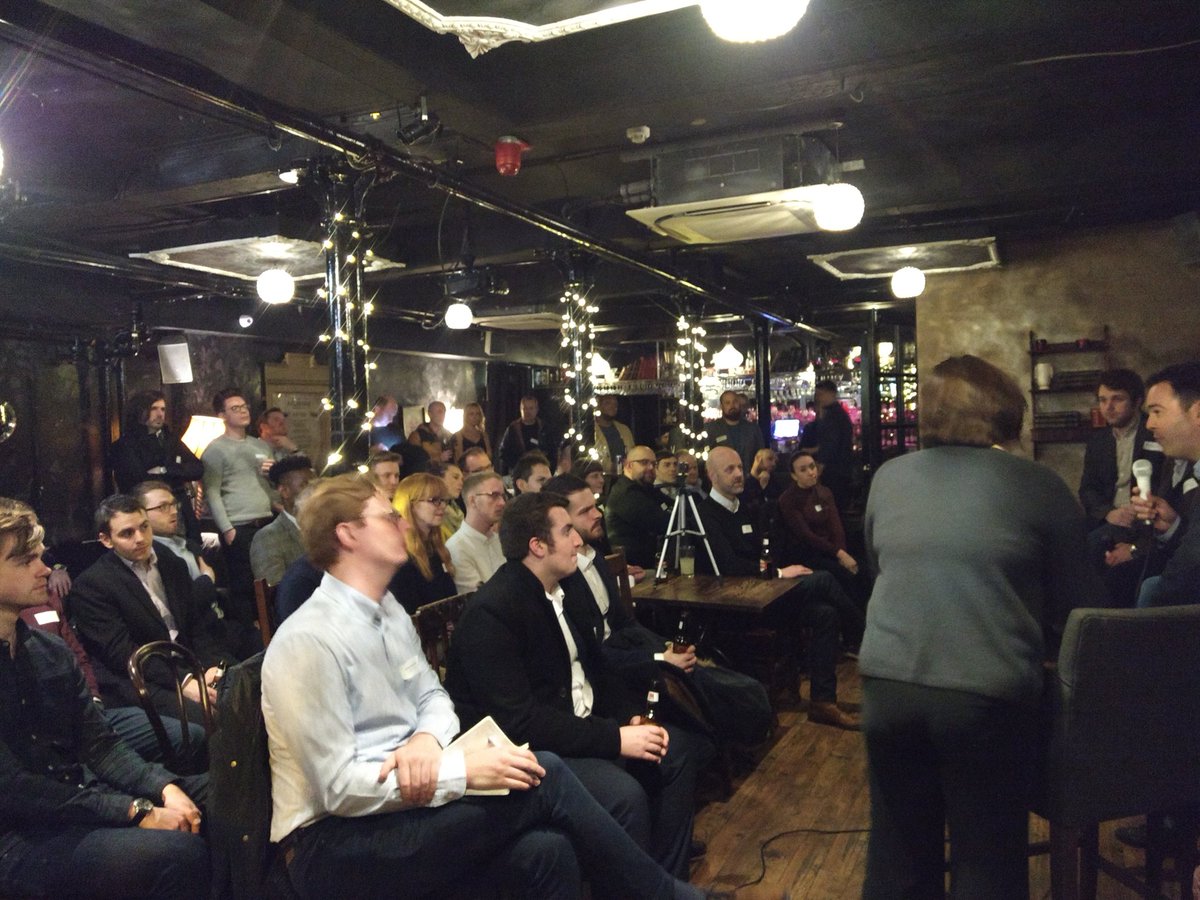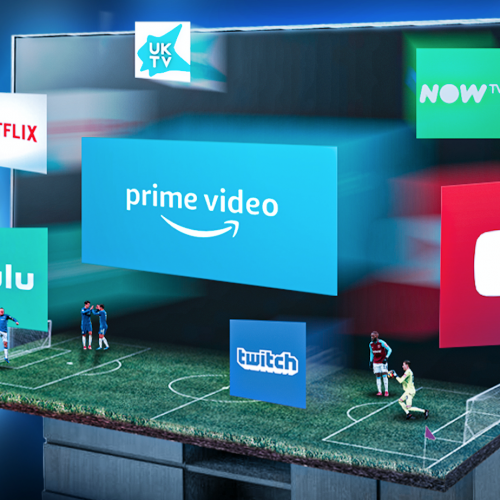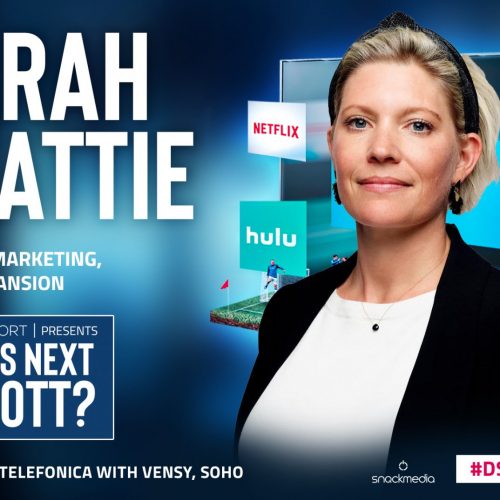Are we going OTT about OTT? What we learned from Digital Sport Manchester
On Thursday night, the first Digital Sport Manchester event took our regular monthly gatherings to a new city for an exciting evening of sports broadcasting chat.
Specifically, on OTT in sport. That was the subject of our Digital Sport Monthly Topic for January, a topic we’ve delved into plenty of detail about over the last few weeks.
In Manchester, we were joined by Matt McKiernan from Stream AMG, Mark Foster from the Rugby Football League, Jessica d’Ardenne from DAZN and Ben Gallop from the BBC, with the panelists moderated by Fiona Green of WINNERS.
Throughout the night, the panelists touched on plenty of the main issues, from the tech needed to make live-streaming viable to the importance of data in OTT platforms. Here are some of the insights we learned.
OTT is not new
"What we provide is reach and a stable platform – we've been streaming from the start and even streamed the 2004 Olympics from Athens online" – @BenGallop on @BBCSport's pedigree for OTT in live sport
— Digital Sport (@DigitalSportUK) January 25, 2018
As far back as the 2001 some were playing around with live-streaming, and probably even before. But, as with most advances in tech, it’s another example of the idea germinating long before the technology caught up.
The same could be said for plenty of other areas in the next few years – VR, for example.
What’s the business model?
"We charged £2.49 for a game and people would think we'd killed their mothers! It was the price for a cup of coffee, but that was because people just weren't ready to pay for a stream" – Mark Foster, @TheRFL
— Digital Sport (@DigitalSportUK) January 25, 2018
One of the biggest problems that rights holders who want to stream their product will have to think about is the distribution model.
When content is streamed on a platform which is usually free – think YouTube, social media platforms or even a governing body’s own website – making people pay can often come as a shock to fans.
As long as live-streaming feels like a phenomenon distinct from the traditional means of broadcasting, that will be a challenge for anyone looking to get into the live-streaming game.
Bells and whistles?
"You don't want to throw all the bells and whistles at it straight away because if you set the bar, you can't lower it" – @Mattmckiernan on how you can't go back when you start a live stream! #DSManchester
— Digital Sport (@DigitalSportUK) January 25, 2018
Once you do decide on how and why you’re going to stream content, the next step is to go out there and do it, right?
Not quite – deciding how much effort you put into the stream is vital. How many cameras are present, what levels of production and editing are you going to provide, and will there be a studio discussion with presenters and experts?
Sometimes fans will expect the levels of broadcast they’re used to on TV channels, but it’s worth remembering that if you start at the higher end of the production levels, you can’t scale it back if you realise you’re putting in more effort than you’re getting back in return. Scaling up from a lower base later on is always an option, however.
Need for knowing your Data
"You can't email a 65 year old and advertise the fact the Sugababes are playing at your next match" – Mark Foster on why data and knowing your audience is incredibly important! (You can tell them that's why they should bring the grandkids!) #DSManchester
— Digital Sport (@DigitalSportUK) January 25, 2018
After that, data is incredibly important – especially in sport.
Whilst the likes of Netflix and BBC iPlayer can personalise suggestions of what the platform thinks you should watch next based on your history, that’s harder in sport. Get it wrong, suggesting that a Liverpool fan should watch a Manchester United game in a ‘Tailored For You’ section is a sure-fire way to make sure your audience loses sympathy for you and your product.
The same is true for any other marketing campaign. The key is the same as it ever was: know your audience.
About author
You might also like
Major Events Summit 2020 – The Virtual Meeting Place for the Sports and Events Community
We’re less than a month away from MEI’s flagship Major Events Summit, now re-imagined as a virtual event. Major Events Summit brings together decision-makers and influencers involved in supplying the
‘What’s next for OTT?’ has been postponed
We are disappointed to announce that our event ‘What’s next for OTT?’ has been postponed as all events in Telefonica buildings globally exceeding 25 people have had to be cancelled
What’s next for OTT?: Introducing DAZN’s Sarah Beattie
The ability to stream direct to consumer is something sports fans are craving more and more of. The monetary commitment of a Sky or Virgin package in the UK has








